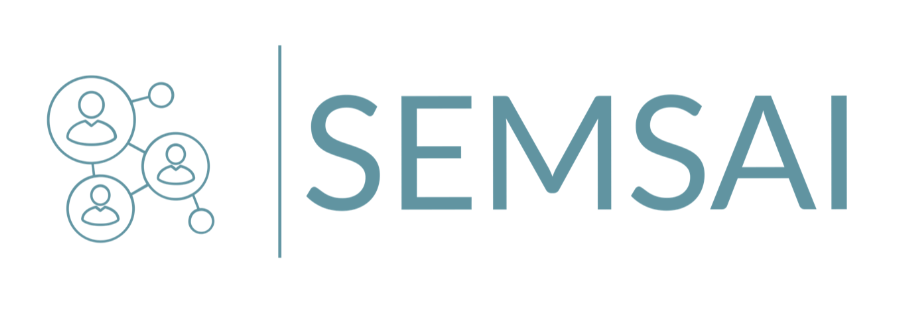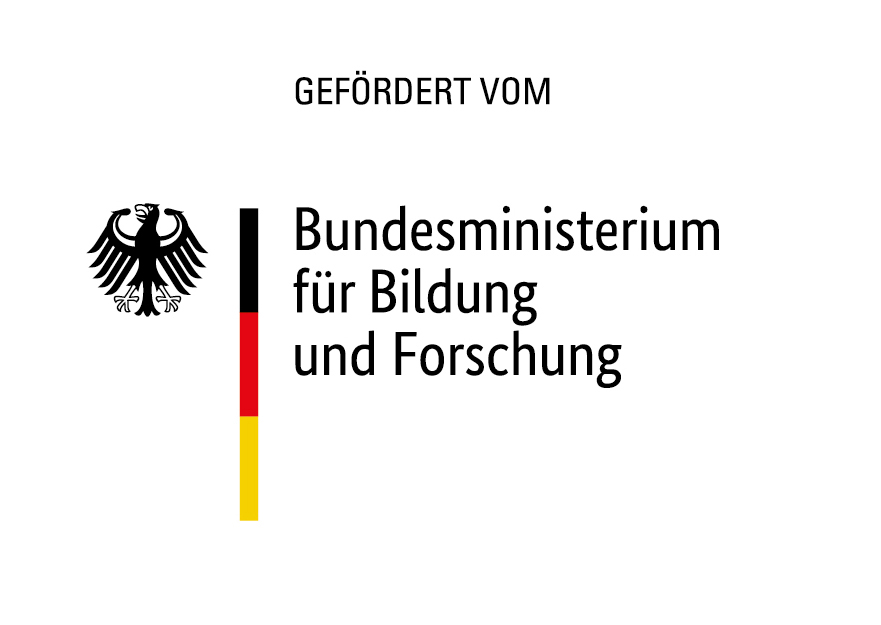
SEMSAI
Self-referential multiscale modeling and simulation of the spread of serious infectious diseases
Project content and objectives
The Covid-19 pandemic has shown that model forecasts based on historical data often overestimate infection figures. This weakens the public acceptance of simulation forecasts as a basis for political decisions. Conventional models do not take into account behavioral changes due to perceived risks and ignore the impact of crisis communication and subjective perceptions.
SEMSAI aims to explore how model-based predictions can be adapted to better reflect reality and how the communication of predictions affects future behavior.
The consortium consists of three partners from the fields of psychology and social science disaster research, mathematical modeling and prediction, and agent-based social simulation. The interdisciplinary consortium will investigate these feedback mechanisms and propose how both macro- and micro-scale modeling can benefit from incorporating reflexive mechanisms that map situational awareness.
Project manager
Agent-based social simulation and consortium management
Prof. Dr. Ingo J. Timm
Dr. Jan Ole Berndt
German Research Center for Artificial Intelligence (DFKI)
Subject area: Cognitive social simulation
Mathematical modelling and prediction
Dr. Jan Mohring
Dr. Neele Leithäuser
Fraunhofer Institute for Industrial Mathematics (ITWM)
Psychology and social science disaster research
Dr. Katja Schulz
Freie Universität Berlin
Disaster Research Center (KFS)
- Research

